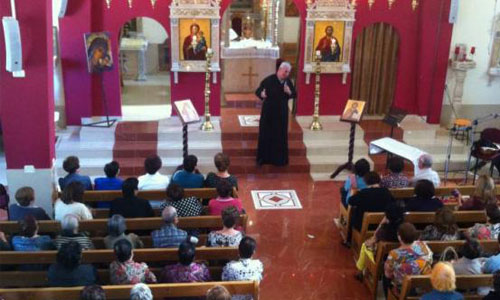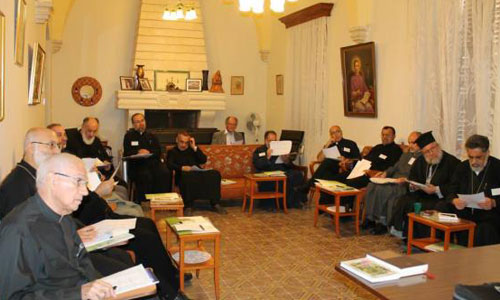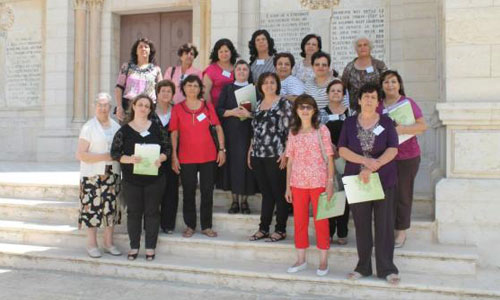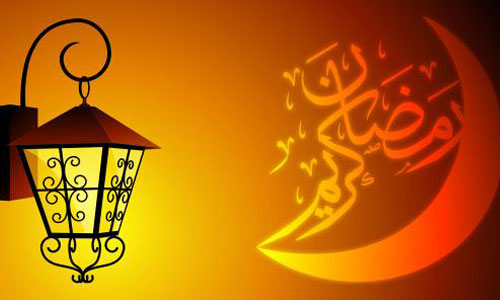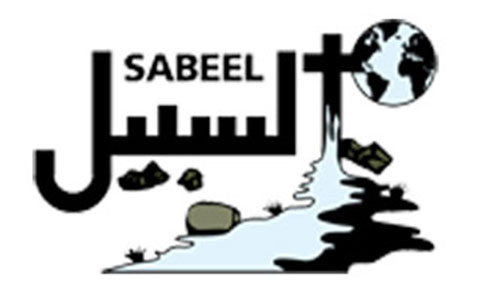
Nov. 20, 2013
PALESTINIAN PEOPLE RESILIENT, DETERMINED TO LIVE,
MUSTAFA BARGHOUTI TELLS SABEEL CONFERENCE
Jerusalem
“Palestinians are people who are determined to live. Their resilience and determination are powerful,” Dr. Mustafa Barghouti told the Sabeel International Conference here Nov. 19.
Participants heard from Barghouti, Secretary General of the Palestinian National Initiative and member of the Palestinian Legislative Council. More than 200 participants are attending the event 19-15 November 2013. Sabeel is the Ecumenical Liberation Theology Center in Jerusalem.
Barghouti called the peace process currently underway “unfortunately, a cover for Israeli actions of land appropriation.”
“While peace talks happened during the last 20 years and while they are happening today, the same process is going on, the process of shrinking the space and the land for the Palestinian people,” Barghouti said. “The map of the West Bank today is an example of how impossible it is to build a state if these Israeli processes continue,” he said.
“Many people ask why the Israeli community turns to electing racist parties? The reason is that they are benefiting from occupation. They are making a profit from occupation,” Barghouti said.
“When I use the word `apartheid,’ many Israelis object,” Barghouti said, “but then I ask these Israelis to give me an alternative word describing the situation. The segregated roads and highways are unprecedented in human history. Israel segregated and separated Jerusalem from the Palestinian territories,” he said.
Barghouti described the current level of Israeli violence. “People suffer a lot at checkpoints but what is missed by the international media is the depth of the violation of human rights.”
“We are countering the occupation with a very noble movement” of nonviolence, Barghouti said. “There is a new stage of nonviolent resistance where people are determined to really break down this system of repression.”
“We encounter severe violence,” Barghouti said. “Even when international supporters come and demonstrate with us, they are also severely punished. Frequently you hear about Palestinian violence; nobody is speaking about this Israeli horrible violence,” he said.
“But we are not giving up. The people’s resilience and determination are powerful, Barghouti said. “The Palestinians are not victims though of course we suffer. But I want you to see Palestinians as people who are determined to live,” he said. “We Palestinians want to be like everybody else. We want to succeed. We want freedom, independence and equality.”

